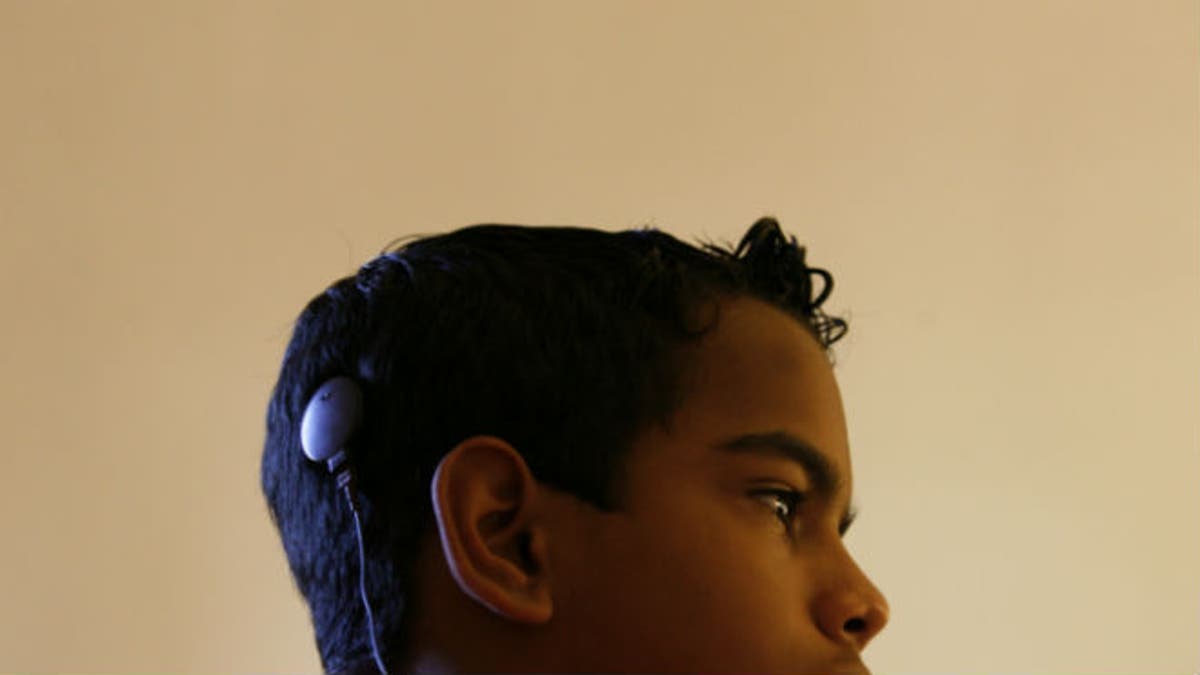
A child with a cochlear implant. REUTERS/Claudia Daut
Children with cochlear implants may experience cognitive delays, compared to those with normal hearing, according to Science World Report.
In a new study at Indiana University, researchers found the hearing devices put children at risk for problems with executive functioning – such as conceptual learning, working memory and controlled attention.
The study group consisted of 73 children who received a cochlear implant before the age of 7, as well as 78 children with normal hearing. Children with cochlear implants had a two to five times greater risk for cognitive delays than those with normal hearing.
One solution may be to implant the devices at a younger age, which is related to improved learning outcomes.
“Cochlear implants produce remarkable gains in spoken language and other neurocognitive skills, but there is a certain amount of learning and catch-up that needs to take place with children who have experienced a hearing loss prior to cochlear implantation," said lead study author William G. Kronenberger, a professor of clinical psychology in psychiatry at the IU School of Medicine. "So far, most of the interventions to help with this learning have focused on speech and language. Our findings show a need to identify and help some children in certain domains of executive functioning as well."
